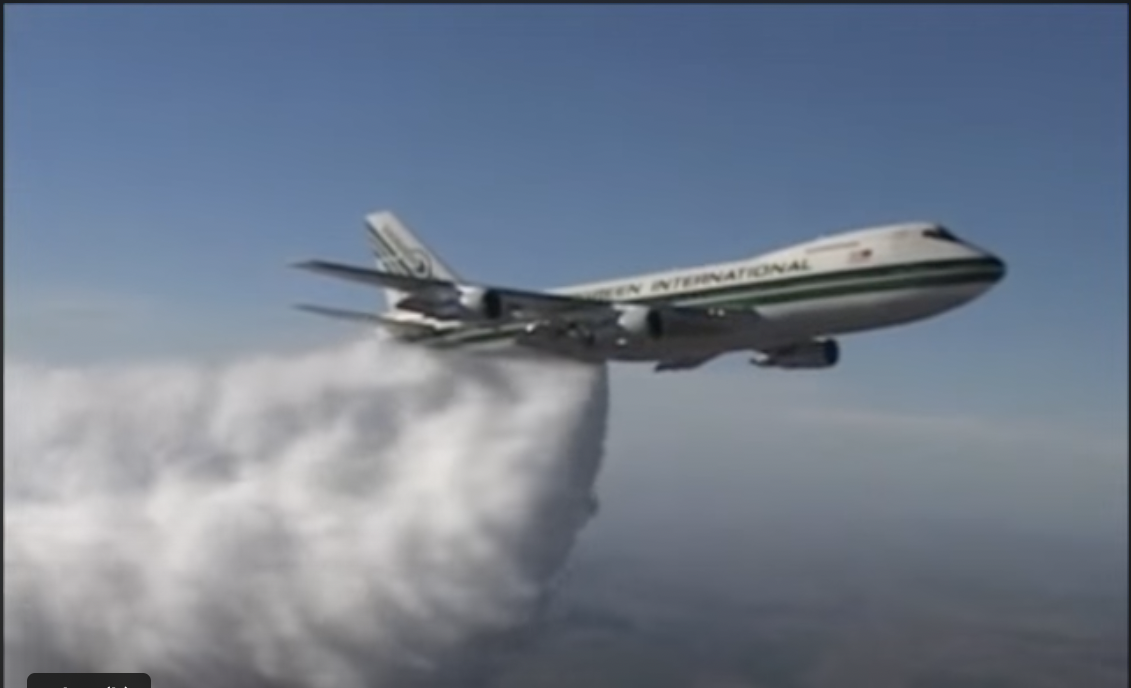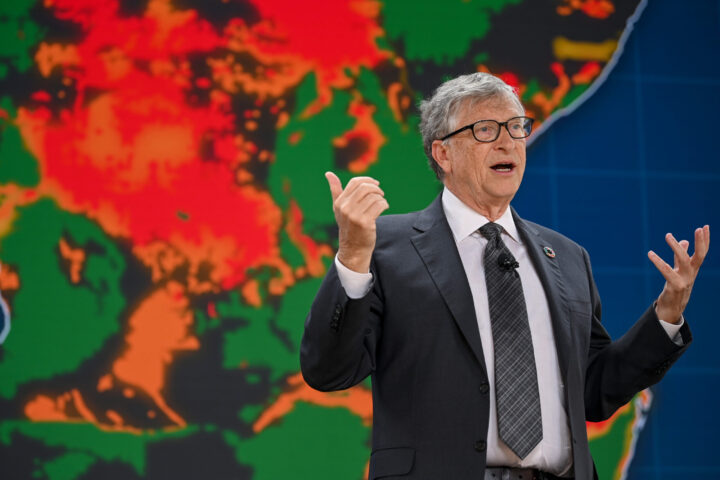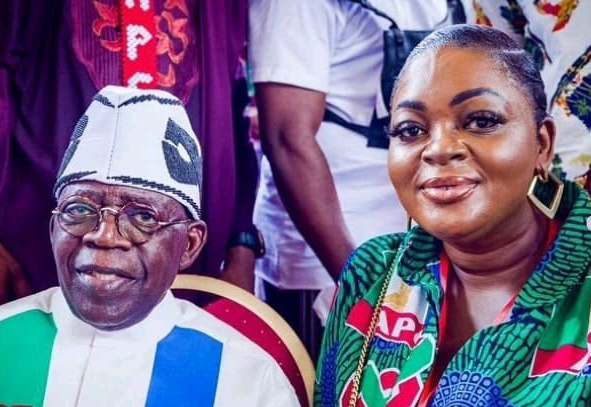On Monday, Garba Shehu, ex-spokesperson of former President Muhammadu Buhari, claimed that the last administration removed diesel subsidy.
Speaking on why the Buhari administration failed to remove the petrol subsidy while in office, Shehu said the decision was taken to prevent any form of insurrection that could cost the All Progressives Congress (APC) the 2023 elections.
In addition, he said other subsidies, notably diesel subsidy, were eliminated by the Buhari administration.
“The massive electricity subsidy. The fraudulent fertiliser subsidy. Hajj/Christian pilgrim subsidies. Remember them? The diesel subsidy. The aviation fuel subsidy. LPFO. Kerosene,” Shehu said.
Advertisement
“Cooking gas and the other subsidy policies we found in place, and put them firmly on the ground. Remember them?
“For those with short memories, many of those subsidies were all in place when President Buhari was elected to office in 2015: all those in place were gone by May 2023 — including the annual fertilizer subsidy that weighed 60-100 billion naira (that’s trillion naira (sic) in about 10 years — yes you read that right) heavy on the federal budget each year.”
Did Buhari’s administration remove the diesel subsidy as Shehu claimed? Here is what we found.
Advertisement
VERIFICATION
On June 20, 2003, the administration of former President Olusegun Obasanjo increased the prices of petroleum products.
Consequently, the price of diesel was raised from N24 per litre to N38 per litre, marking the deregulation of the fuel price.
However, the declaration made by Obasanjo, less than a month into his second term in office, was met with widespread condemnation by Nigerians.
Advertisement
The Nigerian Labour Congress (NLC) called a nationwide strike which was supported by Trade Union Congress (TUC), and civil rights groups, among others.
Furthermore, a September 2013 report by Chatham House, alluded to the elimination of subsidies for diesel in Nigeria during the Obasanjo regime.
According to the paper, titled ‘Nigeria’s Criminal Crude: International Options to Combat the Export of Stolen Oil,’ illegal refining in the Niger Delta was motivated in 2009, among other things, by the elimination of diesel subsidy during the previous Obasanjo administration.
“By most accounts, the Niger Delta has seen a boom in illegal refining since 2009 or early 2010. Likely reasons for this include a more permissive law-enforcement atmosphere following the federal government’s June 2009 declaration of amnesty for Niger Delta militants, the removal of subsidies on diesel during the Obasanjo presidency, and rising local demand,” the report reads.
Advertisement
Another report, released in May 2023 by PricewaterhouseCoopers (PwC), maintained that the diesel subsidy was removed in 2003.
The report noted that fuel subsidies began in the 1970s and became institutionalised in 1977, following the promulgation of the price control act, which made it illegal for some products (including petrol) to be sold above the regulated price.
Advertisement
“Thirteen years after diesel was deregulated, kerosene subsidy was removed in 2016,” the PwC report said.
Speaking on the issue, Jide Pratt, country manager, Cotevis Energy, clarified that although the kerosene subsidy was removed during the Buhari administration, diesel subsidy had been scrapped since 2003.
Advertisement
“The administration that went to remove that was in 2003. They had been pondering about it since 2000. But what went on was that he kept on adjusting petroleum prices for the three petroleum products (petrol, diesel and kerosene).”
However, he said the increase of the diesel price — as against other petroleum products — was targeted at removing the product’s price ceiling.
Advertisement
“In 2003, the agreement was made that whether we like it or not, people should pay the full price for diesel,” Pratt said.
“In 2000, the policy was held back because a lot of farm produce was imported with diesel trucks. The point was that if you removed it, automatically, the cost of goods and services, inflation, would rise up. In 2003, it was eventually taken off.”
VERDICT
The claim that the Buhari administration removed the subsidy on diesel is false. It was scrapped in 2003 during Obasanjo’s tenure.
Add a comment






